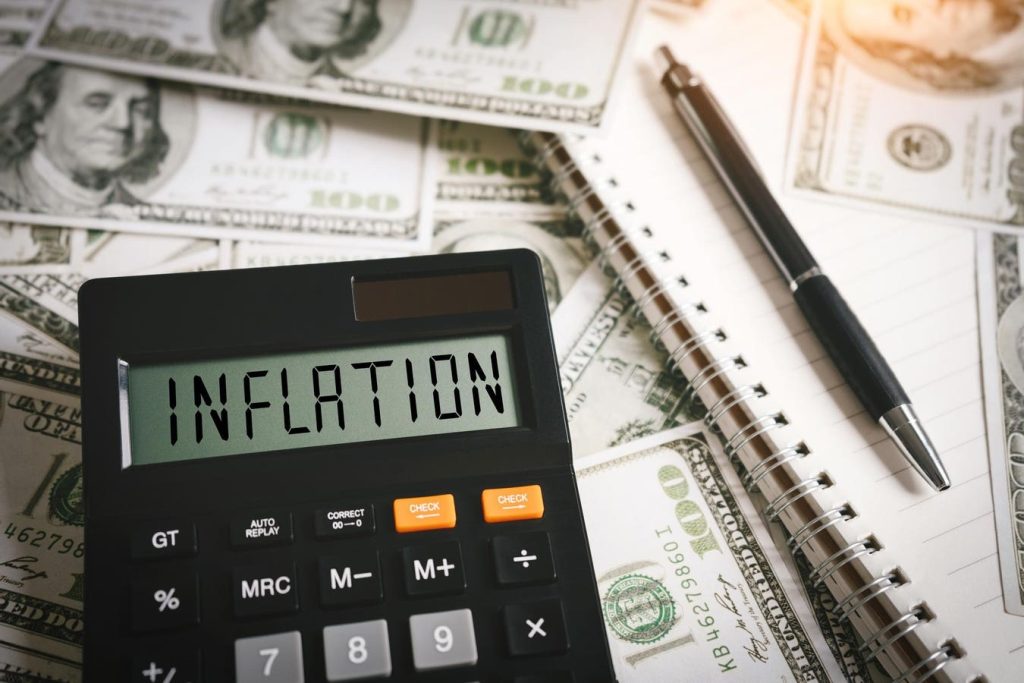Inflation has been a hot topic lately, with many people concerned about how it will impact their everyday budget as well as their retirement savings and investments. This article aims to dive deeper into the subject, helping readers understand how inflation and market signals affect them and their families and how they can protect their nest egg despite external forces.
Inflation is defined as the general upward price movement of goods and services in an economy compared to the continuously falling value of money. The government measures inflation by comparing the current prices of a set of goods and services to previous prices. The Department of Labor’s Bureau of Labor Statistics uses various indexes, including the Consumer Price Indexes, to track changes in the prices paid by urban consumers for a basket of consumer goods and services. Economists also look at the Personal Consumption Expenditures index to understand price, income, and spending trends.
There are different types of inflation, with experts breaking it down into categories like demand-pull inflation and cost-push inflation. Factors like excessive spending and tight labor markets can lead to inflation. The IMF notes that inflation can also be caused by a country’s central bank adopting a lax monetary policy. Inflation can have various effects on retirement savings, impacting interest rates, consumer behavior, and the overall economy.
Financial advisors suggest that a well-balanced portfolio can protect retirement savings from the effects of inflation. Investing in higher-return vehicles like stocks, ETFs, and mutual funds can help individuals stay ahead of inflation. Eliminating debt and living within one’s means are also essential steps to hedge against inflation. Whether inflation impacts retirees depends on their financial planning and savings habits.
It’s important to plan for retirement by investing in high-yielding vehicles, living within your means, and saving diligently. By taking these steps, individuals can prepare for inflation and continue on their path towards a secure retirement. The article concludes with frequently asked questions about inflation, its causes, and tips on how to hedge against it, offering readers a comprehensive understanding of this economic phenomenon.


